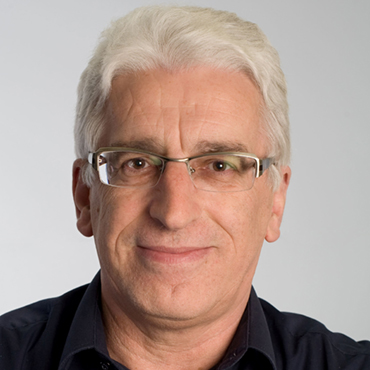The case describes how the Greek oil-spill specialist Polygreen diversified into municipal waste management and turned the Aegean paradise of Tilos into the world’s first zero-waste island. Focusing on the company’s charismatic CEO, Athanasios Polychronopoulos, the case follows the implementation of a business model based on the principles of the circular economy. The project progresses from the selection of the location to negotiating a “free” contract with the municipality, to rebuilding a whole new team and raising awareness in a community where sorting and recycling are not the norm. A few months later, the operation has to scale up massively for the summer season to cope with thousands of tourists. The results of this apparently successful experiment enable Polygreen to bid for similar business in new municipalities and markets in the Middle East, where it can apply the learning from Tilos.
The case study seeks to challenge participants’ assumptions about sustainability and circularity in both the economic and environmental sense – by discussing three questions:
What are the challenges of developing a circular business model and how can one design a sustainable system where all the stakeholders are aligned?
How much extra are customers prepared to pay for sustainable alternatives to existing products and services?
How can companies make a profit from new business models that are better for the planet but more expensive to set up and run?
- zero-waste
- circular economy
- environmental sustainability
- sustainable business model
- community engagement
- behavioural change
- resource efficiency
- access
- process
- value
- Industry
- Innovation and Infrastructure
- Sustainable Cities and Communities
- Responsible Consumption and Production
- Q42023







